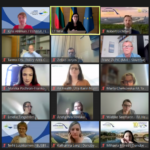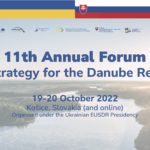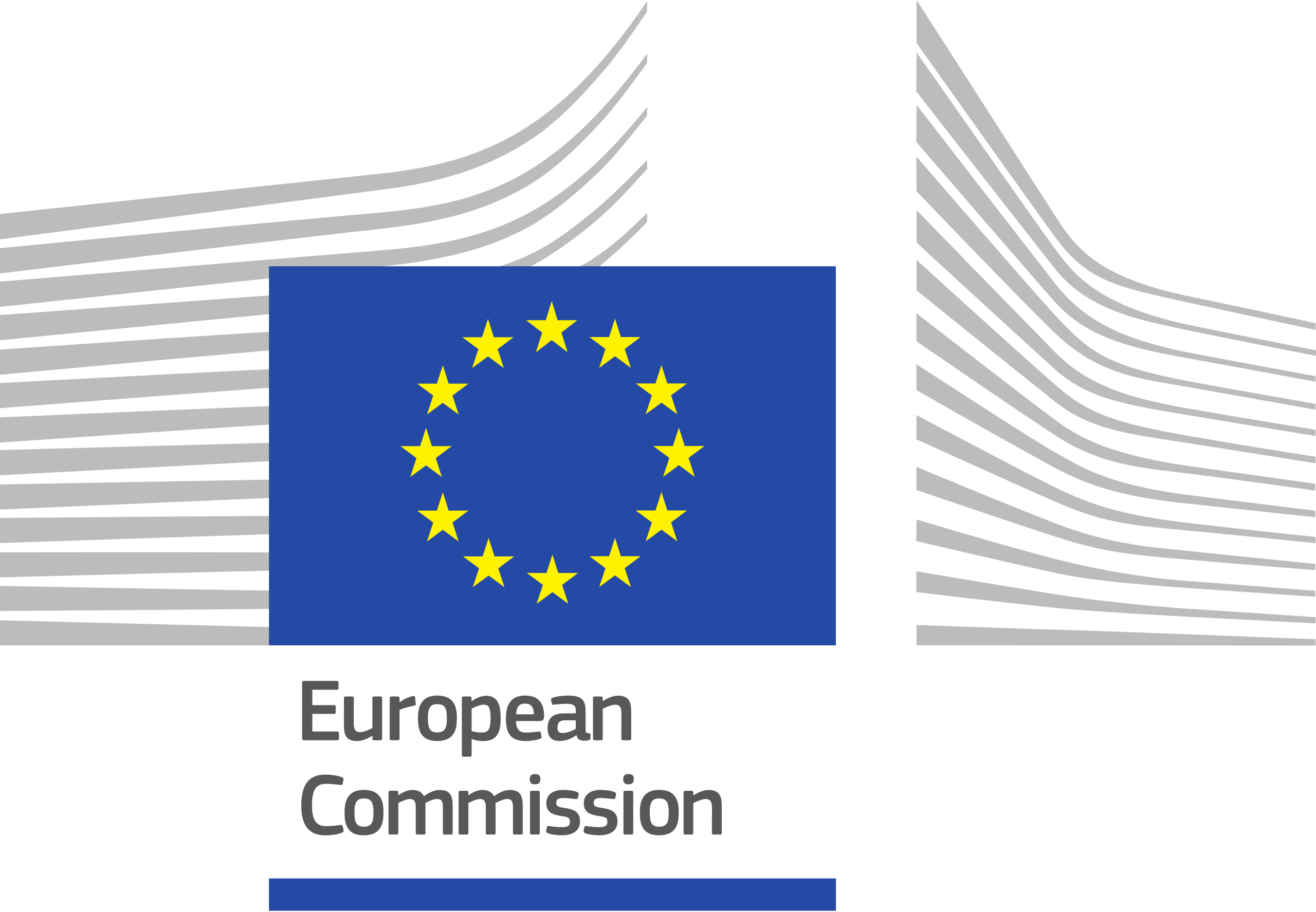Open call: Social innovations for a fair green and digital transition (ESF-2022-SOC-INNOV)
Deadline: 02 August 2022, 17:00 Brussels time
The call aims to develop and test integrated and inclusive social innovation approaches – in schools or training centres, at work or in local communities, or other relevant environments – to foster green and digital transitions, by:
- identifying and addressing (re-/up-)skilling and (re-)training needs stemming from new, green or digital products, services or technologies;
- fostering social acceptance and/or behavioural changes for more sustainable business models, consumption patterns and/or modes of transport;
- developing sustainability pathways and transformation tools for social economy actors;
- tailoring solutions to the particular contexts starting from general models, such as the City Doughnut or macro level climate adaptation solutions, to other, business or local environments;
- promoting the implementation of the EPSR principle 20. Essential services, including energy, mobility and digital communications, in the context of the green and digital transitions.
The main objective is to enable and step up a fair green and digital transition by promoting and disseminating inclusive social innovation approaches in the areas above.
Learn more about the call here.




